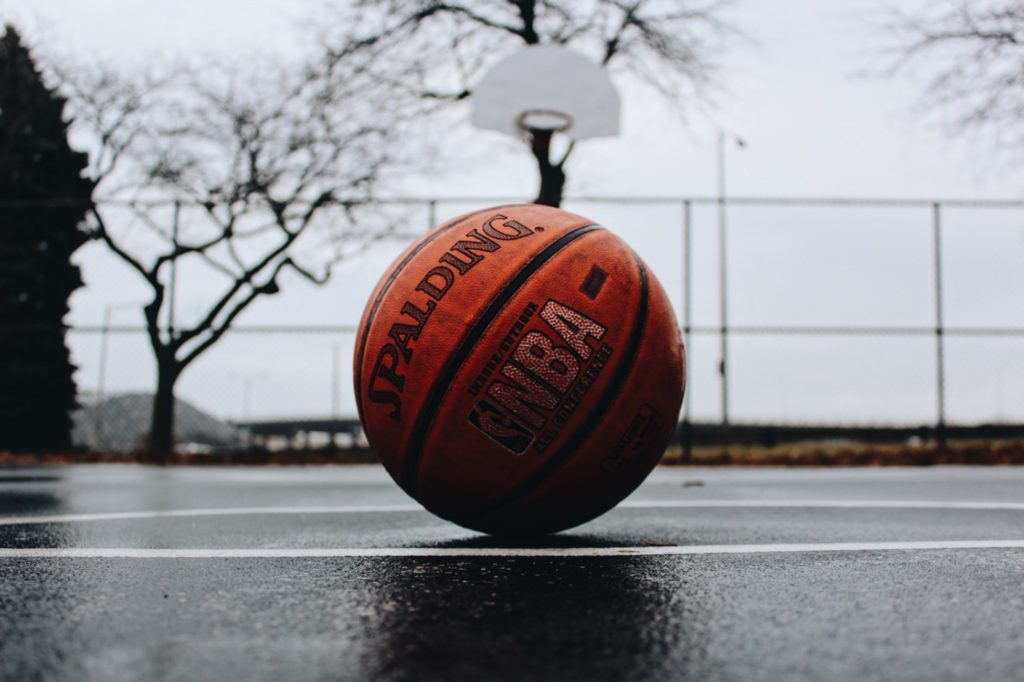
None of us want our children to be quitters. We all want them to socialize with their peers, be a part of a team, and get good exercise. If your child does stop playing sports, even temporarily, make sure he has a plan B that is productive. Otherwise he may:
- Lose valuable time with friends
- Become bored, isolated, or even depressed
- Passively watch too much TV and screens in general
- Gain weight due to inactivity
- Increase the tendency to fall into high risk taking (for example, alcohol and drug use)
- Pass up a chance to play varsity level or college level sports
Ask Yourself Why Your Child Wants to Quit (Then Ask Your Child, Too)
If your child shows signs of wanting to quit his or her sport, think about what could be causing those feelings. Take it seriously. What is motivating this decision? Is it reasonable? Generally, kids quit for one or more of the following reasons:
- They “hate” the coach or their teammates.
- They no longer enjoy playing the sport or practice is not dynamic enough.
- They realize they cannot compete with their peers (they “ride” the bench).
- They discover a passion for a new sport.
- They simply want to try something different.
- They are exhausted or burned out (physically or psychologically).
- They are simply overwhelmed by the number of activities they are involved in and may need more downtime.
Faking Injuries: A Doctor’s Story
While the quantity and severity of youth sports injuries in this country is shocking, even more discouraging is the fact that doctors are encountering kids who fake injuries in a desperate plea to escape pressure exerted by overbearing parents. “It happens quite often,” says Dr. Roth. “Parents just ride these kids hard to play and perform. They’ll come in faking an elbow or knee injury. Their X-rays are normal. Their MRIs are normal. There’s no swelling. But everything hurts. You barely touch them, and they seize up in pain.
“I had one eight-year-old child come in here bellowing about severe knee pain. His father had been an elite NCAA Division I basketball player. The child himself was a terrific athlete. But the dad was putting a ton of pressure on the little guy. I asked to see the routine he had his kid going through each day. He had him doing sprints, leg lifts, and all kinds of other track and conditioning exercises. It clearly drove the boy a little nuts.”
The mom? She was beside herself. But family power dynamics were at play here. “A lot of times the mothers will say, ‘We are not playing this anymore,’” says Dr. Roth. “’Enough. It’s not worth it.’ But then they have to go home and contend with Dad. And God knows what he’s saying to them when they get there. There can be plenty going on.”
In such situations Dr. Roth chooses his words wisely: “Look. I’m not sure there’s much here,” he’ll say. “Let’s try to treat your son a little bit, but there might be other things going on.” He then takes each parent aside and asks what’s going on at home. “Does your son really want to play this sport?” he’ll ask. “And based on what I hear, I’ll say, ‘Look. Maybe give him a break. Don’t make him play for a while and see if he bounces back and wants to get at it again at some point.’”
In the case of the little hoopster, Dr. Roth counseled moderation. “His dad was about to send him off to camp to train more.” Roth recommended that he take some time off away from basketball, do some physical therapy, and cross-train a little bit. Instead of playing basketball, he could do some unrelated stretching and strengthening, bike riding, or any other activity that worked his muscles in a different way. That would enable him to become more adaptive and flexible. “All that sport specific training was getting to him,” says Roth. “That, and the pressure from his dad, were wearing him down.”
Mom’s reaction to the doctor’s prescription? She cried and hugged and kissed Dr. Roth. “Thank you so much for giving him a break from this,” she said.
***
In the last two chapters we have shared stories about well meaning parents who have, quite unintentionally, negatively affected their children’s experiences in youth sports. Sometimes it’s been due to a lack of awareness of the pivotal role our past plays in determining how we shape our hopes and expectations for our kids. In other cases it’s been because we have an overwhelming urge to provide them with the best tools possible to build a roadway to success. The best thing we can do for our novice athletes is to step back a bit, withdraw to the sidelines, and observe. Let them know that we are right there, ready to swoop in if they are in need of our care and attention, but not hovering, not casting a long shadow of judgment over their newfound freedom. In the next chapter we will make the case for more free, unstructured play and games, which have benefits that reach far into adulthood. Perhaps, as we learn to draw back a bit, some of the playfulness and joy we witness will rub off on us as well. ♦
From Kim John Payne, Luis Fernando Llosa, & Scott Lancaster. Beyond Winnning: Smart Parenting in a Toxic Sports Environment(Lyons Press, Connecticut, 2013)
